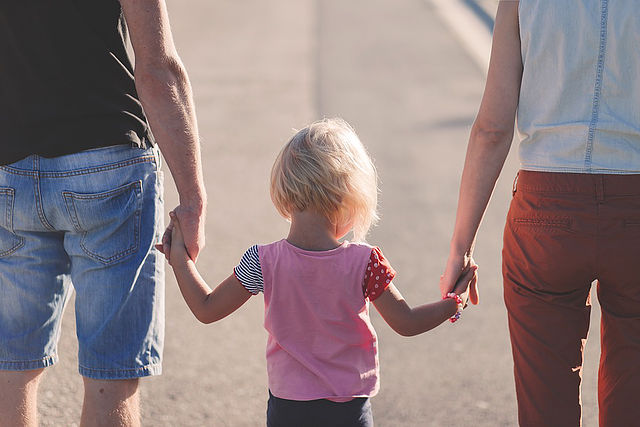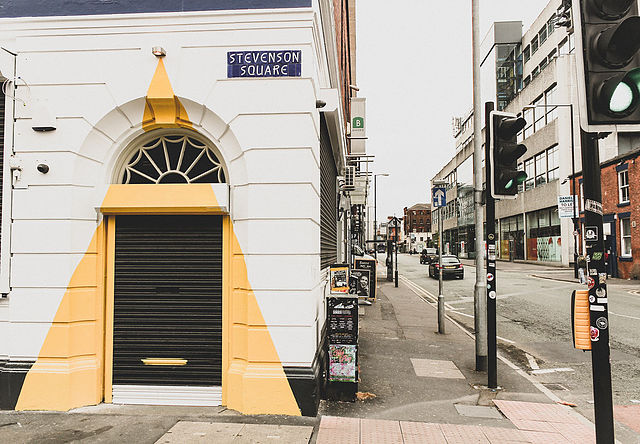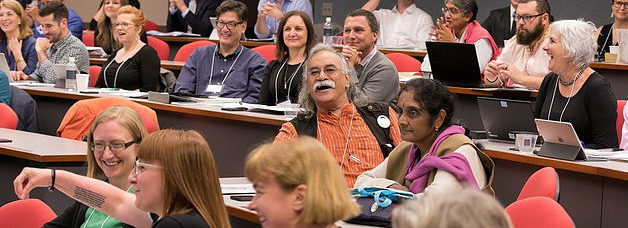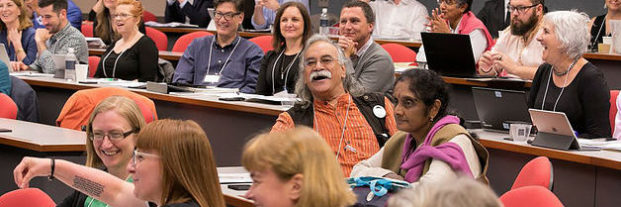
Glasgow, Scotland announced on October 9th its position as the seventh official Vanguard City in the Institute of Global Homelessness’s A Place to Call Home campaign. The Glasgow Homeless Network, in close collaboration with the city, is at the head of the effort in Glasgow.
The City of Glasgow has pledged to work toward a specific goal by the year 2020 – ending street homelessness.
“Rough sleeping is the most damaging form of homelessness and an ordeal that no one should have to endure. It is a very exciting opportunity for Glasgow and Scotland to be at the front of this programme going forward,” explained Maggie Brunjes, Chief Executive of the Homeless Network.
Glasgow’s target is to reduce the number of people sleeping rough every week by 75% in the city centre area and reduce rough sleeping by 50% across Glasgow, estimated at just over 500 individuals annually, by the end of 2020.
Dame Louise Casey, IGH Chair and former head of the UK Government’s Rough Sleepers’ Unit, said IGH is impressed by the close collaboration between the public and charity sectors in Glasgow, adding: “We believe this is a combination with the strongest potential to achieve the type of change that can be an inspiration to other world cities facing a deeper and more complex challenge.”
Read more about the announcement and plans in Glasgow here.

























